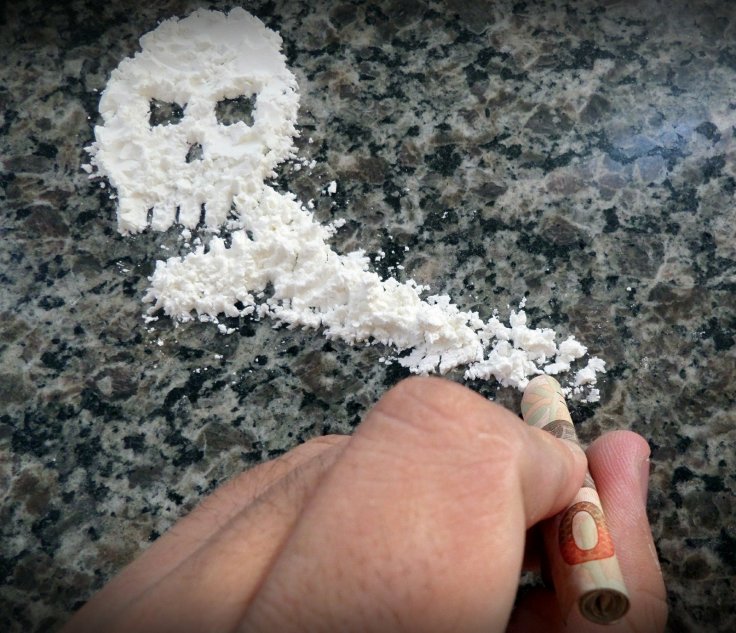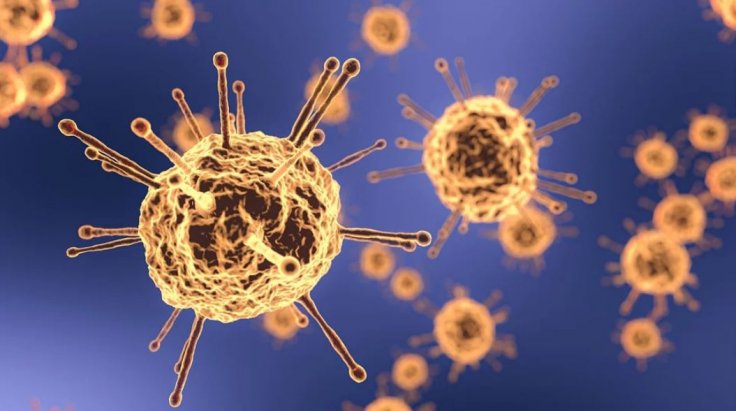As the COVID-19 pandemic has progressed, scientists and medical researchers have been working around the clock to increase the known knowledge about this invisible foe, especially ascertaining the most vulnerable groups. Now, a National Institutes of Health-aided study has stated that people struggling with substance abuse are at increased susceptibility to the novel coronavirus infection and its complications.
According to the authors, individuals battling substance use disorders (SUDs) are at an increased risk of COVID-19, and caregivers must monitor individuals with SUDs more and design necessary plans to protect them from infectious disease and its adverse outcomes.
Dr. Nora D. Volkow, co-author of the study, explained in a statement, "The lungs and cardiovascular system are often compromised in people with SUD, which may partially explain their heightened susceptibility to COVID-19."

Investigating for SUDs
A person is said to be suffering from SUDs when their use and dependence on substances such as alcohol or drugs, causes health issues, or/and difficulties at school, home or work. For the study, the researchers examined the de-identified electronic health record (EHR) collected from 360 hospitals across the US, recorded until June 15, 2020.
The population of the study comprised of over 73 million patients. Of these participants, over 7.5 million had been diagnosed with battling a SUD at one point or the other in their lives. The kinds of SUDs that were probed in the research were alcohol, cannabis, cocaine, opioid and tobacco. A little over 12,000 members were diagnosed with the novel coronavirus infection. Nearly 1,800 were found have both a COVID-19 diagnosis and an SUD on record.
Increasing Risk of COVID-19 in Those With SUDs
Through the course of the study, the investigators made an interesting discovery. While participants with a SUD formed 10.3 percent of the total population of the study, they constituted a staggering 15.6 percent of the COVID-19 cases. Their analysis also revealed that individuals on record who were diagnosed with a SUD recently were at an increased likeliness of developing COVID-19 than those without it. This effect was most profound among those with opioid use disorder and tobacco use disorder.

Participants diagnosed with a SUD were more likely to struggle from the worse outcomes of COVID-19 such as hospitalization and death than those without a SUD. Also evident was the complicating impacts of SUD where extreme consequences of COVID-19 were increased. Additionally, death and hospitalization rates of COVID-19 patients were higher among people with SUDs in comparison to those without it, at 9.6 percent versus 6.6 percent and 41.0 percent versus 30.1 percent respectively.
Dangers to the African American Community
While several recent studies have analyzed the effect of COVID-19 within the African-American community, not many have explored the effect of SUD in the community. The study found that among African American participants with a recent opioid use disorder diagnosis, the likeliness of contracting COVID-19 was over four times when compared to Caucasians.

Additionally, the results also illustrated that the prevalence of cardiovascular diseases, diabetes, hypertension, and renal diseases—all considered factors increasing COVID-19 risks—were higher in African Americans opioid use disorder than whites with the same. The authors stated that the findings of the study highlight the need for screening (for) and treating SUDs as a part of controlling the raging pandemic.
"Another contributing factor is the marginalization of people with addiction, which makes it harder for them to access health care services. It is incumbent upon clinicians to meet the unique challenges of caring for this vulnerable population, just as they would any other high-risk group," stressed Dr. Volkow.









